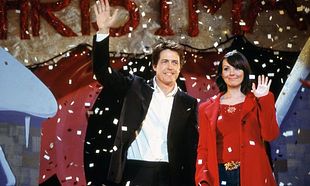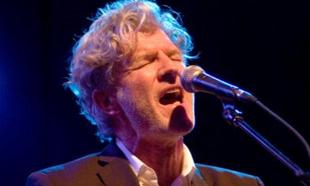Keynote speech by Adam Zagajewski
with contributions by Seamus Heaney, Dennis O'Driscoll, Julie O’Callaghan and Gerry Smyth
'I have no hesitation whatsoever in stating that Czeslaw Milosz is one of the greatest poets of our time, perhaps the greatest.' Nobel Laureate Joseph Brodsky
Polish Nobel laureate Czeslaw Milosz was one of the most significant poets of the 20th century. In this centenary celebration of his life and work, four Irish poets choose, read and discuss a Milosz poem that holds particular resonance for them. First, setting the scene with a keynote speech is fellow Polish poet, Nobel nominee and Milosz scholar Adam Zagajewski, described by Pulitzer Prize-winner Mary Oliver as ‘the most pertinent, impressive, meaningful poet of our time.’
The life and writings of Czeslaw Milosz were shaped by some of the defining moments of the 20th century. He witnessed the October Revolution and First World War as a child. Later, in Nazi-occupied Warsaw, he became a central figure in the literary underground. After the Warsaw Uprising he sought asylum abroad, first in France and then in California. He won the Nobel Prize for Literature in 1981. The Milosz canon straddles various genres, yet it is his poetry that is his lasting legacy – informed as much by the literary and metaphysical as by exile and political conscience.








































































